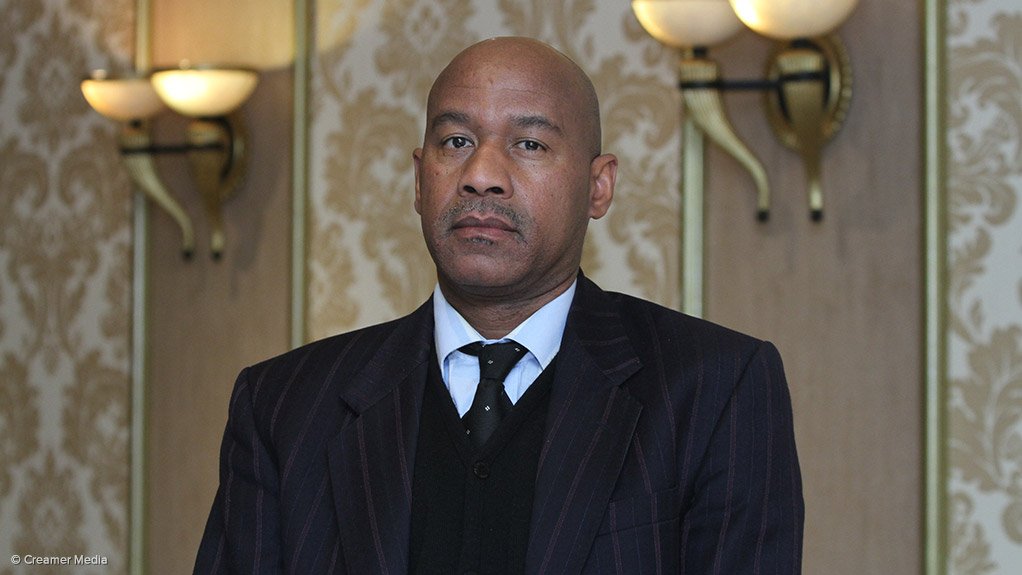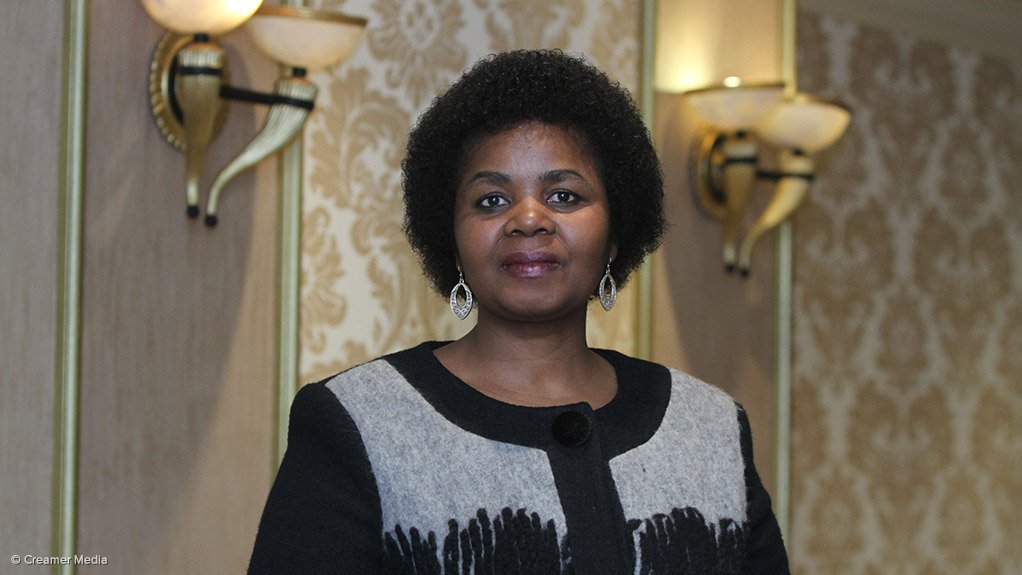The development of small-scale farming, or so-called communal farming, is on the rise in South Africa, as it provides significant economic benefit and forms one of the key pillars of the National Development Plan (NDP).
“The debate used to be that there [is] only commercial farming in South Africa, but the western model of farming does not apply in Africa; you have to have a combination of commercial, large-scale and small-scale farming in the country,” sugar producer Tongaat Hulett MD Martin Mohale said during a breakaway session of the Vision2030 Summit, on Thursday.
He cited India’s sugar cane industry as an example, noting that farms there were about 2 ha each, with a number of people working on the land and reaping the benefits.
“The debate now is not whether or not we need to support the NDP; we have no choice, [as it will] uplift rural economies. Agriculture is one of the catalysts, as the land is in rural areas, and it is labour intensive, where the jobs are,” he said.
The NDP suggested a land reform model in which district committees would identify 20% of commercial agricultural land in a district, from land that was already on offer or available in the market to “ensure land can be found without distorting markets”.
Commercial farmers in the district would be given the “option of assisting in its transfer to black farmers”.
The NDP further outlined that land be bought by the State at 50% of market value, adding that this would be “closer to the fair productive value of the land”. The 50% shortfall would then be made up by “cash or in-kind contributions from commercial farmers who volunteer to participate”.
Mohale pointed out that Tongaat Hulett last year carried out a case study on the issues surrounding the NDP and small-scale farming and how these issues could be dealt with and found that the local sugar industry registered 22 500 growers in Mpumalanga and KwaZulu-Natal.
Of those, 21 000 were small-scale farmers operating on 1 ha or 2 ha of land each.
“The beauty of the sugar industry is the issue is not about the markets; we are a regulated industry and, if you sell, you are sure to get your price, so it has significant potential for upliftment of people in rural communities. The land is there, the market is there, the processing facilities are there,” he noted.
Meanwhile, National Planning Commission commissioner Felicity Mahtlati noted that rural economies were not limited to agriculture.
“Agriculture offers us value in the manufacturing and value chain sectors, but how do we harness this? The bigger opportunity that needs to be supported in South Africa right now is small-scale farming,” she noted.
Also speaking during the session, Black Business Council secretary-general Xolani Qubeka said offset agreements were critical for small-scale farmers to reach the market and reap rewards.
However, he highlighted that government made a mistake in breaking down the boards that governed the farming industry. “We [now] need coordinated efforts that would enable us to open up the markets for small business.
Mahlati further noted that rural towns were “basically there” because of the activities around the farms. “We are sitting [with] a situation now where the decline of agriculture also sees the decline of rural towns; these towns are now reliant on social grants. The issue is to link the development of agriculture, like we are doing in the mining areas, with the revival of rural towns,” she concluded.
EMAIL THIS ARTICLE SAVE THIS ARTICLE
To subscribe email subscriptions@creamermedia.co.za or click here
To advertise email advertising@creamermedia.co.za or click here













